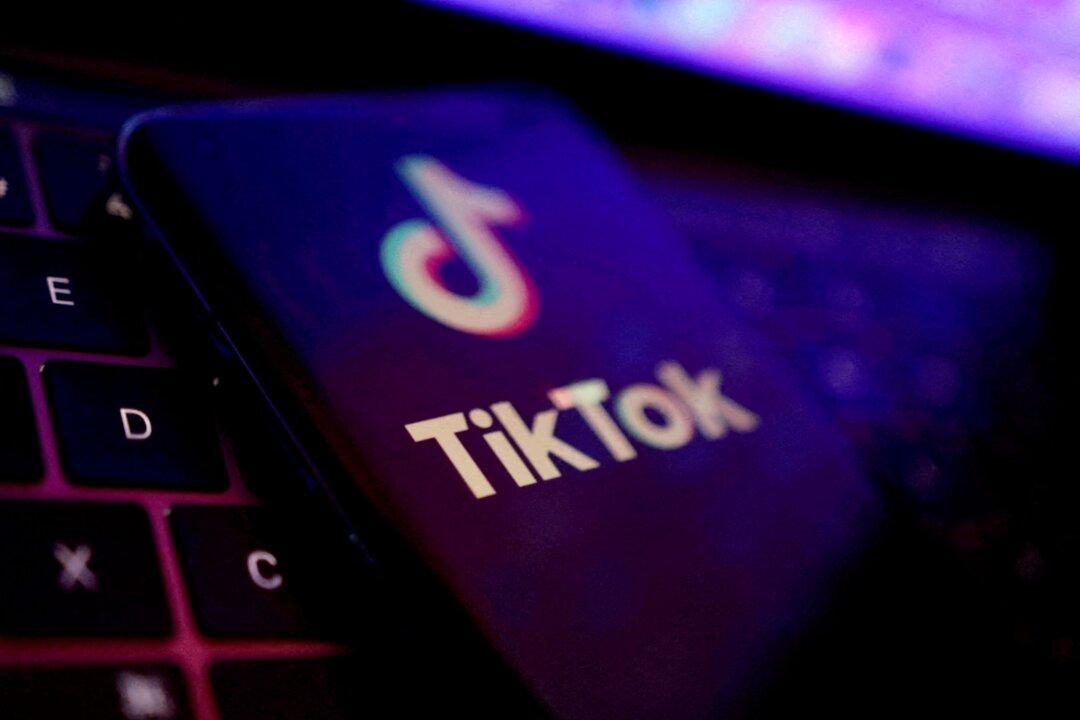TikTok will no longer be available on official London City Hall devices, the Greater London Authority (GLA) said as the Chinese social media app faces a global purge from official institutions.
London’s TikTok ban comes after Westminster and Holyrood banned the app on government devices in England and Scotland over security concerns.





